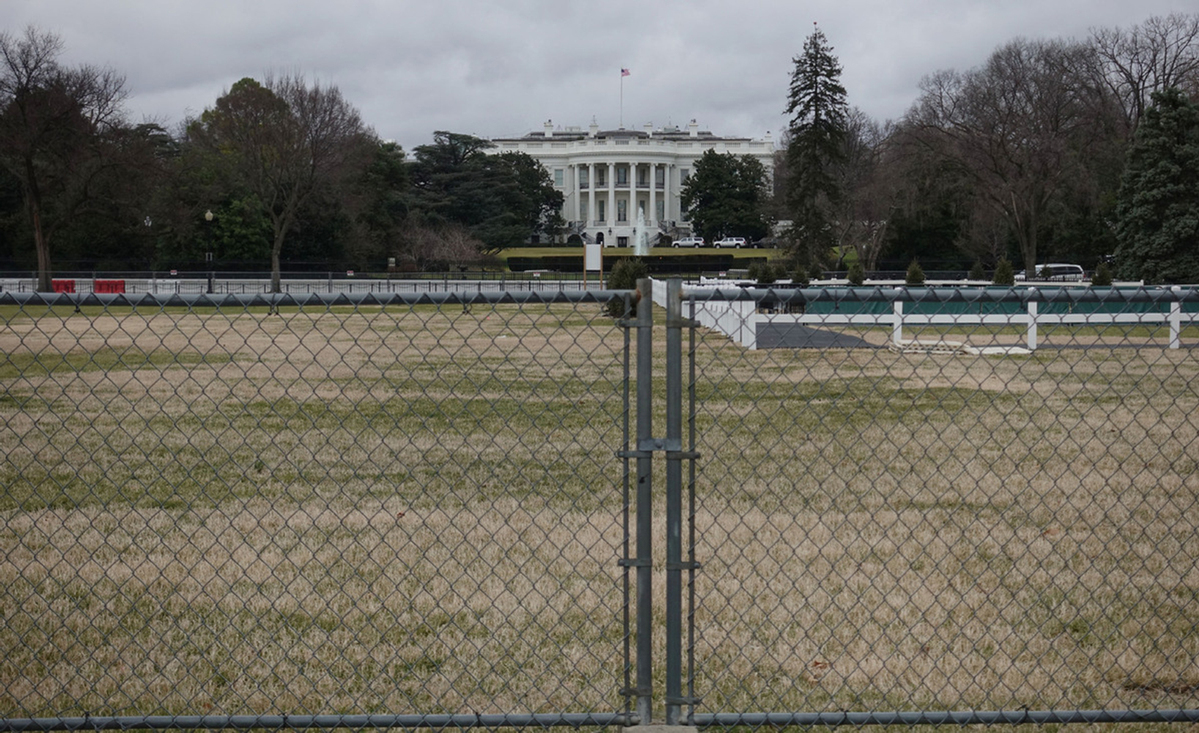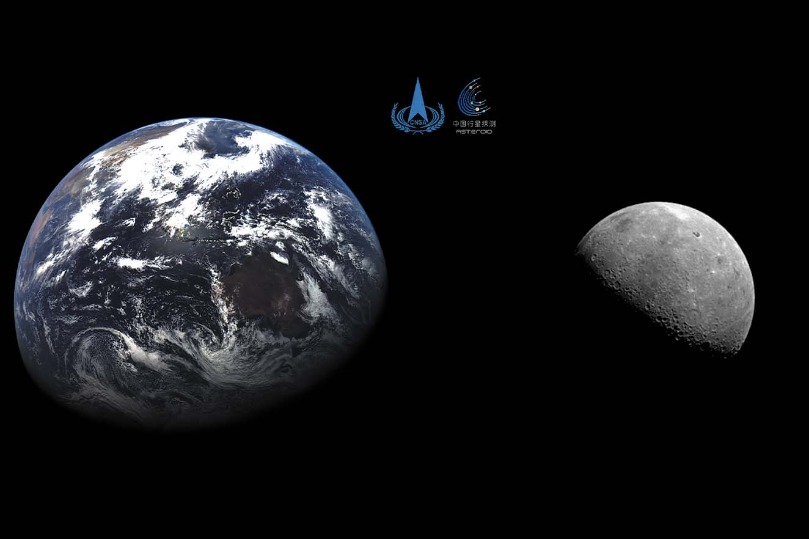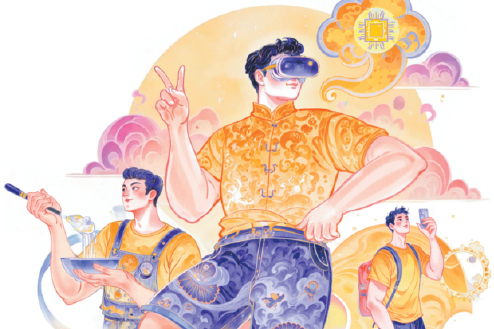Border wall widens political divide in US


Editor's Note: The US House of Representatives controlled by the Democratic Party refuses to fund US President Donald Trump's $5.7 billion project to build a wall on the US-Mexico border in order to prevent illegal immigrants from crossing into the United States, leading to the longest shutdown of the government. What will be the consequences of the government shutdown on the US economy? And how will it affect US relations with its southern neighbors? Two experts share their views on the issue with China Daily's Pan Yixuan. Excerpts follow:
Unilateralism the bane of US politics
Over the past two years, US politics has been marked by populism, and its economic policy driven by trade protectionism and unilateralism. In the process, the US has become perhaps the most powerful anti-globalization force in the world leading to its economic downturn.
In the seven Latin American countries that held presidential elections in 2018, the return of populism, was most evident in Brazil which elected Jair Bolsonaro to the country's highest post.
The rising wave of populism in Latin America may bring the US and some Latin American countries closer and help expand the US' influence in the region, prompting some countries in the region to withdraw from multilateral organizations. Brazil has already backed out of the promise to hold the UN Climate Change Conference in 2019. And although Bolsonaro had vowed to follow Trump and pull Brazil out of the 2015 Paris climate accord if elected president, he has since changed his mind on the issue.
But whether US-Latin America relations will progress smoothly in the long run remains to be seen.
US political polarization has deepened because the Democrats who support globalization disagree with the White House on many issues. And Trump's border wall project, which too is opposed by the Democrats, has widened the political divide in the US.
The political divide in the US, together with its sluggish economy, has affected global cooperation, creating uncertainties for regional as well as global economic development.
Despite the temporary gains Trump has made with his unilateral and "America First" policies, they are bound to backfire on the US in the long term and further slow down its economic growth.
Chen Qi, a professor of international studies at Tsinghua University
Border wall dispute has increased US problems
Hispanic people have overtaken African Americans as the largest minority group in the US. They also make up a large part of US immigrants.
Many Latin American people who want to migrate to the US want to flee poverty in their countries and pursue the American Dream and a better life.
But immigrants are not as bad as Trump makes them out to be. In fact, the US is a country of immigrants, who have made invaluable contributions to US economic development. For example, their contribution to the agricultural boom in southern US is there for all to see. Some Latin American people also enter the US to seek seasonal work.
Trump had promised during his presidential campaign that he would target illegal immigrants and prevent undocumented immigrants from entering the US, his immigration policy has become tougher after he assumed office. The death of two immigrant children in 2018 aroused widespread outrage. And now the dispute over the budget to build the border wall has become a challenge for the US administration.
Newly elected Mexican President Andrés Manuel López Obrador refused to pay for Trump's wall on the US-Mexico border, saying the wall was an internal political issue for the US. And when Trump tried to get the US Congress to fund the $5.7 billion budget for the border, the House of Representatives refused to do so. The resultant government shutdown has increased social and political instability in the US-and all because of the US administration's faulty policies.
Xu Shicheng, a researcher at the Institute of Latin American Studies, Chinese Academy of Social Sciences


































